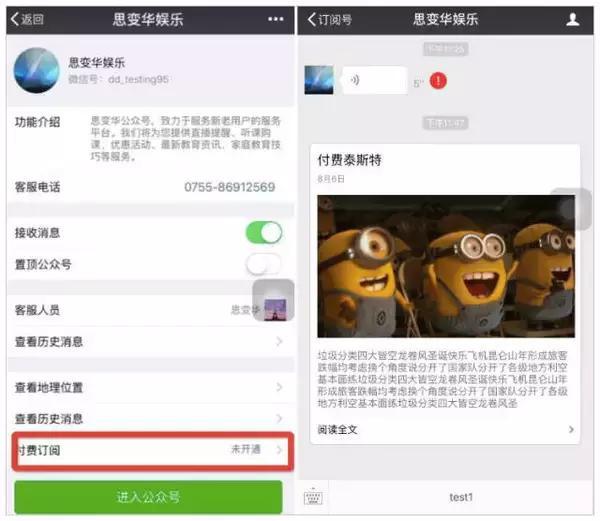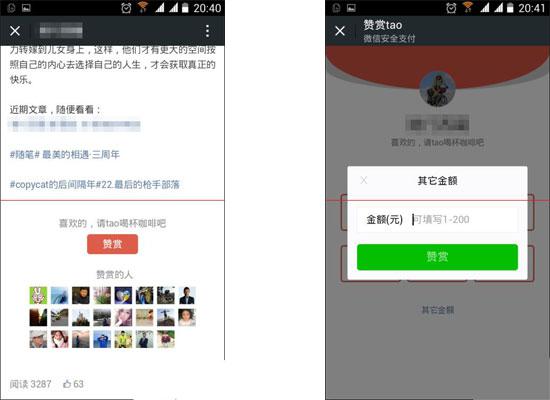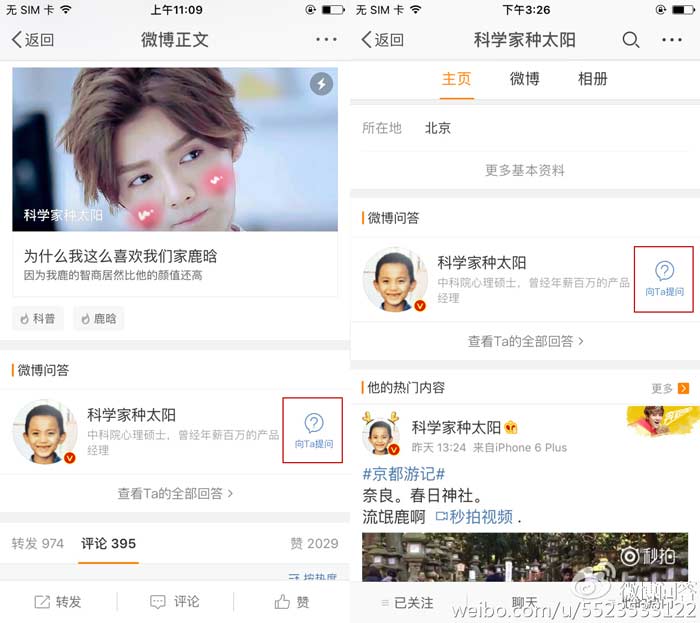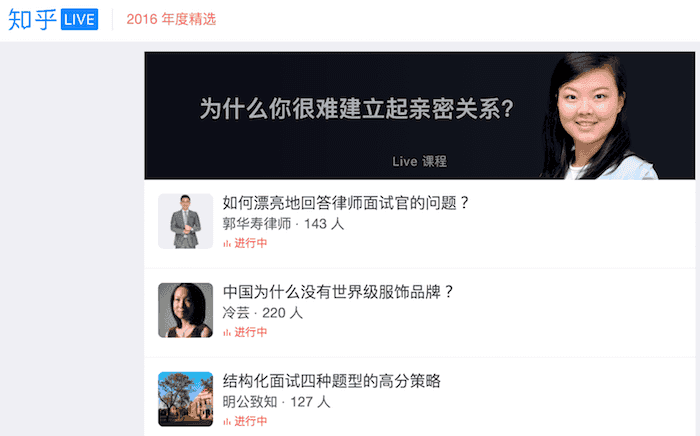
Tencent has recently confirmed the ongoing testing of a paid subscription platform for WeChat Official Accounts, which will soon be launched.

So far the only official ways of monetization for WeChat Official Accounts are through advertisement and monetary rewards by other users.
China used to be a market where internet users expect almost all digital products to be free, from software to music, movies, e-books, and etc. Now, more and more China internet users pay for online video subscriptions, digital music, and other digital content. 70% respondents paid for online learning in 2016 compared with only 26% a year ago.

Weibo is already offering a paid subscription feature that users can apply to their created content on Weibo platform. Weibo also recently launched Weibo Ask in December 2016, where one user can ask another user a question and get the answer after making payment. Other users interested in the answer can also pay to see the content, with which the person asking the question could make some money.

Zhihu, a popular Q&A website launched in 2011 with quality content and highly educated users, launched Zhihu Live last year, an audio Q&A product that has a similar business model to Weibo Ask.
Qin Chao, a former Facebook employee, sold 98 yuan tickets for a “How to find a job in Silicon Valley” course to Chinese online users on Zhihu Live. It attracted 465 participants. This one session got him an income of 45,472 yuan (US$6,617) in about one hour. His total number of 9 Zhihu Live sessions attracted 4,418 users to participate.
Ximalaya FM, a popular audio sharing mobile app in China, also offers users paid audios across varieties of categories. One column teaching people “how to speak” had first day sales of over 5 million yuan.
A new mobile app Dedao was launched by famous Luogic Show; it saw over 1 million downloads in 2016. It provides paid digital business content. Li Xiang Business Internal Reference sells as much as 199 yuan per year and is even recommended by Jack Ma. Total sales of subscriptions on Dedao is about 140 million yuan according to Sina Tech.
China online users’ willingness to pay for content and knowledge is changing, from being reluctant to pay to be willing to pay for high-quality content. Their information selection is more mature from aimlessly accepting pushed information to proactively obtaining knowledge.
Continue to read Report: Chinese Consumers Paying for Digital Knowledge 2017